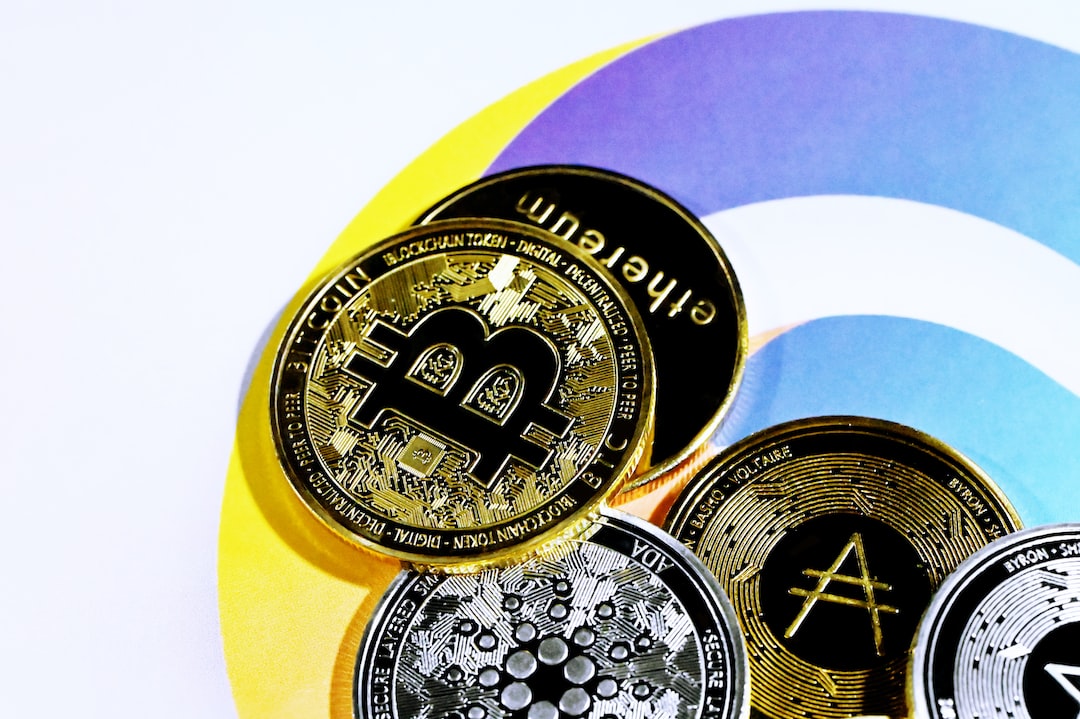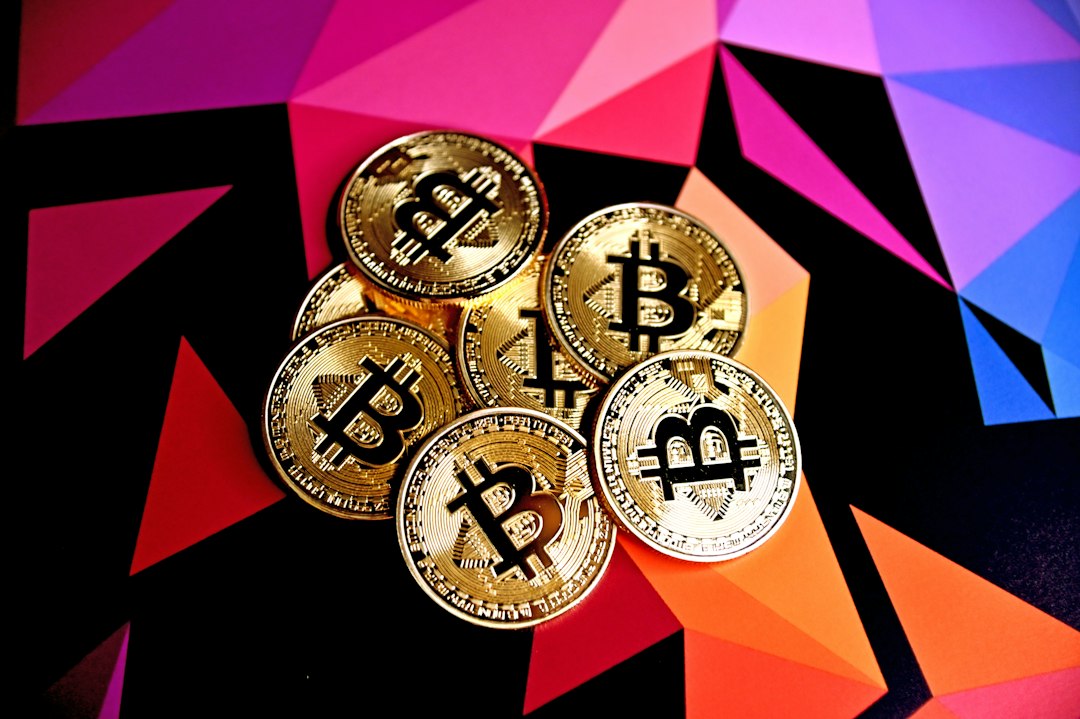Generative AI: A Game-Changer for the Global Economy
The potential of generative AI to revolutionize the global economy is highlighted in a report by Goldman Sachs. The investment in artificial intelligence is rapidly increasing and could have a greater impact on the US GDP than the discovery of electricity or the advent of personal computers. Economists expect generative AI to boost global labor productivity by over 1 percentage point annually during the next decade. However, this transformation will require substantial upfront investments in physical, digital, and human capital. The report estimates that these investments could amount to $200 billion worldwide by 2025. In the long-term, AI investment may reach 2.5% to 4% of US GDP and 1.5% to 2.5% of other AI-leading countries.
Main Breakdowns:
- AI investment could surpass the impact of electricity and personal computers on US GDP.
- Generative AI has the potential to increase global labor productivity by more than 1 percentage point annually.
- Businesses need to invest significantly in physical, digital, and human capital to adopt and implement new technologies.
- Global AI investments may reach $200 billion by 2025.
- AI adoption will likely have a significant impact on the US economy between 2025 and 2030.
Hot Take:
The transformative power of generative AI is set to reshape the global economy. With the potential to boost productivity and drive significant GDP growth, businesses and governments must be prepared to make substantial investments in AI technologies. While the near-term impact may be modest, the long-term benefits are expected to be substantial. As we approach the era of widespread AI adoption, the world is on the verge of a groundbreaking economic transformation.





 By
By
 By
By
 By
By
 By
By
 By
By
 By
By